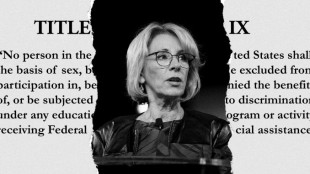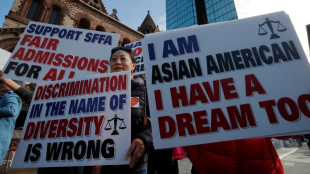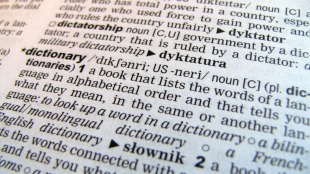Using COVID-19 as a Cover for Binding Regulatory Change: Title IX under Trump
(Source) On August 14, 2020, colleges and universities will be required to comply with what is essentially an overhaul of the Title IX system as it has existed for over the last decade. Title IX has been revolutionary in combating sexual harassment and sexual abuse in schools, on sports teams, and in other educational programs. The commonly referenced “Title IX” is the ninth title in the Education Amendments Act of 1972, a federal civil rights law which states that “[n]o person in the United States shall, on the basis of sex, be excluded from participation in, be denied the benefits of, or be subjected to discrimination under any education program or activity receiving Federal financial assistance.” Since 1972, blatant pregnancy discrimination has been all but eradicated, the proportion of women earning college and professional degrees has consistently increased, and women have increasingly become college professors. Title IX is now largely seen as protection against sexual assault and harassment, a topic which has garnered much more national attention in recent years. Many, however, do not know where Title IX gets its power. Much of our present-day federal policy is determined by regulatory institutions within the executive branch or by the [read more]





